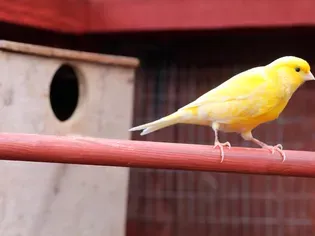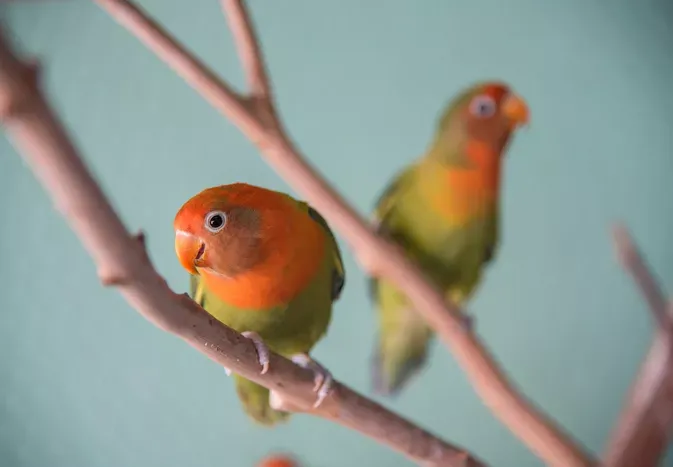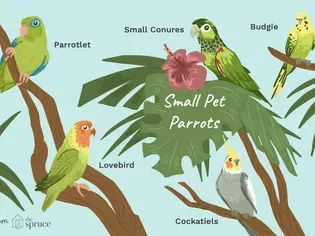5 Signs Mean Your Bird May Be Sick or in Pain
Updated on 05/27/24

5 Unmistakable Signs That Your Feathered Friend Needs Urgent Attention: A Comprehensive Guide to Spotting Bird Illness
Our beloved birds bring immeasurable joy and companionship to our lives, but their health and well-being can sometimes be a source of worry. As pet owners, it's crucial to be vigilant and recognize the subtle signs that may indicate your bird is suffering from illness or discomfort. Here are five telltale indications that demand your immediate attention:
1. Abnormal Changes in Behavior and Demeanor
Healthy birds are generally active, playful, and eager to interact with their surroundings. However, a sudden shift in their behavior can be a significant red flag. Lethargy, loss of interest in activities they previously enjoyed, or excessive sleeping are all cause for concern.
* Example: Your usually energetic parrot suddenly becomes withdrawn and refuses to play with his favorite toys.
2. Apparent Discomfort and Pain
If your bird exhibits physical signs of distress, it's essential to address them promptly. Limping, difficulty perching, or holding one leg up while standing are potential indicators of pain or injury. In addition, head tilting, drooping wings, and puffed-up feathers can also suggest underlying issues.
* Example: Your budgie routinely perches on a straight perch but now struggles to maintain its balance or seems uncomfortable while doing so.
3. Changes in Vocalizations
Birds communicate through vocalizations, and changes in their calls or songs can provide clues about their health. Unusual noises, such as excessive chirping, grinding, or wheezing, may indicate respiratory problems. Silence or a complete loss of vocalization can also be a sign of illness.
* Example: Your African grey parrot, known for its talkative nature, suddenly stops talking or produces only weak, raspy sounds.
4. Altered Appetite and Water Consumption
Changes in eating habits can be another indication of bird illness. A sudden decrease in appetite or refusal to eat altogether can be a sign of digestive issues, infection, or other medical conditions. Similarly, increased water consumption may suggest underlying kidney problems or dehydration.
* Example: Your cockatoo, who typically consumes a hearty breakfast of fruits and seeds, now shows little interest in its food and drinks excessively throughout the day.
5. Respiratory Distress and Discharge
Respiratory problems are a common health concern in birds, and several symptoms can indicate distress. Rapid or labored breathing, open-mouth breathing, and nasal discharge are all red flags. Sneezing, coughing, and wheezing are also potential signs of respiratory illness.
* Example: Your canary, which usually breathes quietly, begins to make clicking sounds while breathing and develops a runny nose.
Remember: These signs are not exhaustive, and it's essential to consult an avian veterinarian for an accurate diagnosis. Early detection and prompt treatment can significantly improve your bird's chances of recovery and well-being. Stay observant, know the subtle signs of illness, and always prioritize your feathered companion's health.
Explore More Pets

Small Bird Breeds
Gloster Canary: Bird Species Profile

Small Bird Breeds
Java Finch: Bird Species Profile

Small Bird Breeds
Zebra Finch (Chestnut-Eared Finch): Bird Species Profile

Small Bird Breeds
Alexandrine Parakeet: Species Characteristics & Care

Small Bird Breeds
Canary: Bird Species Profile

Small Bird Breeds
Lovebird (Pocket Parrot) Species Profile

Small Bird Breeds
A Guide to Pet Budgie Birds

Small Bird Breeds
Types of Small Parrots
